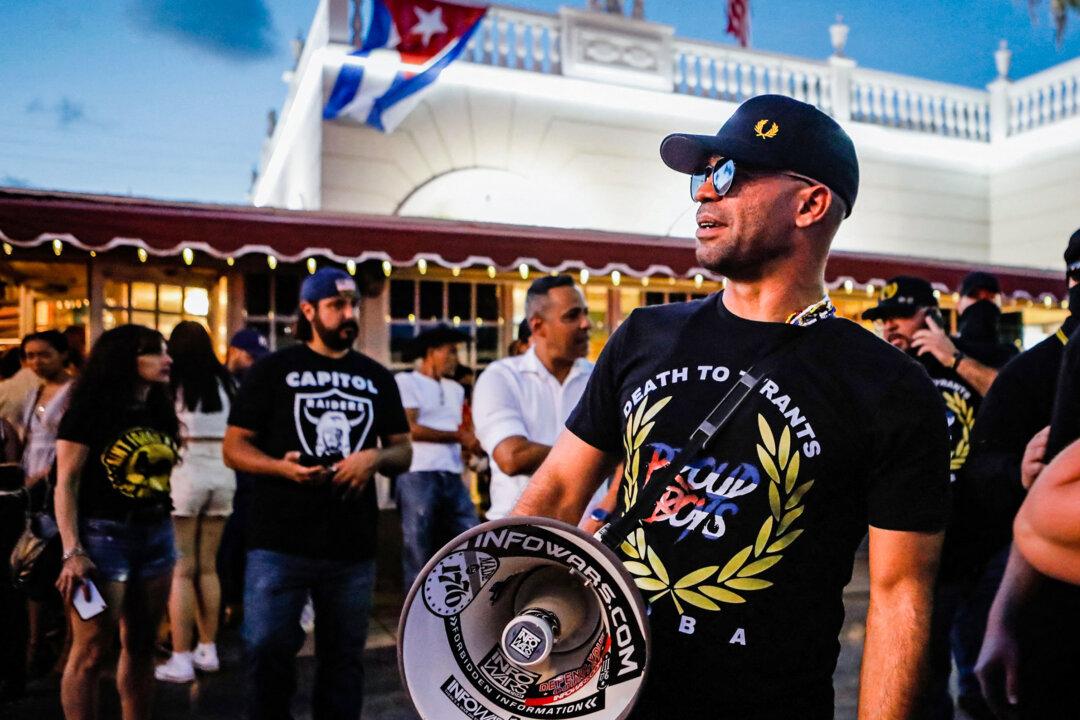The Department of Justice (DOJ) took steps to appeal the sentences of five convicted Proud Boys, including Enrique Tarrio, former leader of the group, in an effort to attain harsher punishments for those involved in the Jan. 6, 2021, Capitol breach.
The penalties for the four individuals convicted of seditious conspiracy ranged from 15 to 22 years, with Mr. Tarrio receiving the longest term at 22 years. However, many of the penalties were significantly shorter than what prosecutors had requested.





